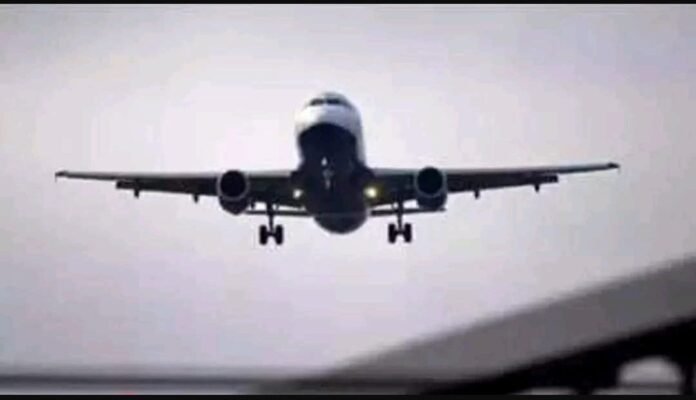Mumbai, India’s bustling financial capital, is known for its vibrant atmosphere and economic significance. However, its air travelers are facing soaring ticket prices for the popular non-stop route to Delhi, the nation’s capital. Recent reports reveal that the 24-hour advance purchase airfare for this route has skyrocketed to approximately Rs 14,000, making it one of the most expensive domestic fares globally. Let’s delve into the factors contributing to this surge in airfares and its implications for travelers.
Rising Demand and Limited Capacity: One of the key reasons behind the steep airfare increase is the surging demand for flights between Mumbai and Delhi. As business activities resume and travel restrictions ease, more people are seeking to travel for work, leisure, or family visits. However, limited capacity due to pandemic-related regulations and reduced flight frequencies have created a significant demand-supply imbalance. Airlines are grappling with the challenge of accommodating a growing number of passengers with limited available seats, leading to inflated ticket prices.
Operational Costs and Fuel Prices: Airline operations incur various costs, including fuel, maintenance, staff, and overhead expenses. Fluctuating fuel prices, in particular, play a significant role in determining ticket prices. As the cost of aviation fuel rises, airlines are forced to adjust their fares accordingly to maintain profitability. Additionally, operational expenses, such as maintenance and employee salaries, have also increased, further impacting airfare pricing on the Mumbai-Delhi route.
Competition and Market Dynamics: The Mumbai-Delhi route is highly competitive, with several major airlines vying for passengers. While competition can often lead to lower fares, it can also result in price hikes during peak travel periods when demand exceeds supply. With limited options available to passengers due to reduced flight frequencies, airlines have seized the opportunity to adjust their prices, leading to higher airfares.
Impact on Travelers and Economy: The surge in airfare prices on the Mumbai-Delhi route has implications for both travelers and the broader economy. Higher ticket prices may deter budget-conscious travelers or limit their ability to travel frequently. Additionally, businesses relying on air travel for meetings and operations may face increased expenses, impacting their overall profitability. Furthermore, tourism and hospitality sectors in both Mumbai and Delhi might experience a slowdown if visitors are discouraged by the exorbitant airfares.
The spike in airfares on the Mumbai-Delhi route, reaching around Rs 14,000 for a 24-hour advance purchase, has put this domestic route among the costliest in the world. Factors such as rising demand, limited capacity, operational costs, and market dynamics have contributed to this unprecedented surge. While the situation may pose challenges for travelers and businesses alike, it remains essential to monitor the market and explore alternative travel options to mitigate the impact of high airfares.

